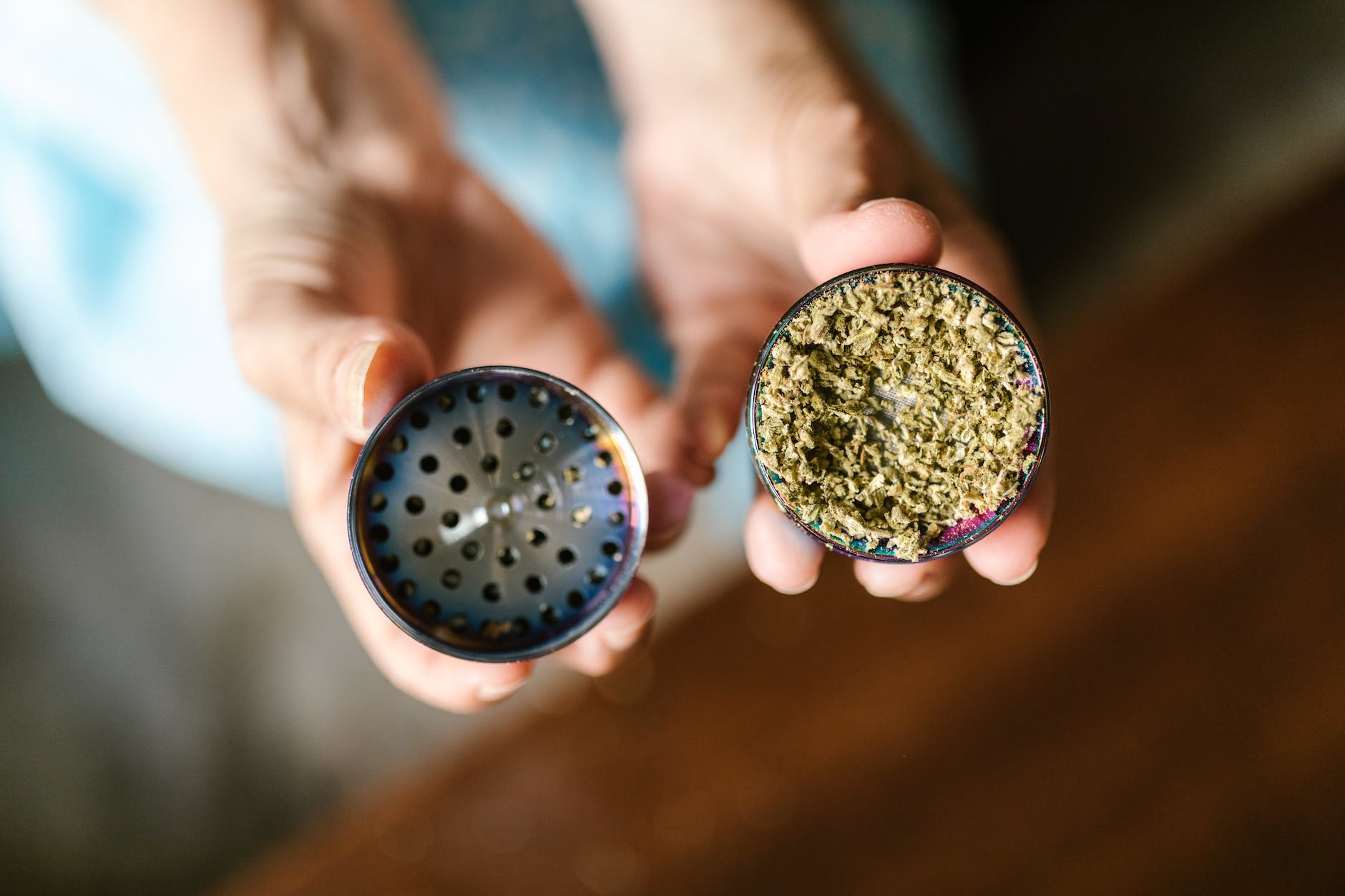Understanding The Different Types of CBD Products

As interest in the therapeutic potential of CBD (cannabidiol) continues to grow, the range of CBD products in the market has expanded, leaving some consumers feeling overwhelmed by the sheer number of options. This article aims to clarify the differences between the various types of CBD products, helping you make an informed decision on which one is best suited to your needs.
It is important to understand that not all CBD products are created equal. The three primary forms of CBD are CBD isolate, full-spectrum CBD, and broad-spectrum CBD. Each type of CBD has its unique set of benefits and drawbacks, depending on the individual’s requirements and preferences.
1. CBD Isolate: As the name suggests, CBD isolate is the purest form of CBD, consisting of 99% pure CBD and little to no other cannabinoids. This type of CBD is ideal for those who want to avoid any trace of THC in their system, such as athletes who undergo regular drug testing or those who are particularly sensitive to THC’s effects. CBD isolate is typically available as a crystalline powder and can be consumed orally or mixed with food and beverages.
2. Full-Spectrum CBD: Full-spectrum CBD contains all the naturally occurring cannabinoids found in the cannabis plant, including trace amounts of THC (usually 0.3% or less). It also contains other beneficial compounds such as terpenes and flavonoids, which can have their own therapeutic effects. The combination of all these compounds is believed to produce an “entourage effect,” wherein the components work together synergistically to boost the overall effectiveness of the CBD. However, due to the presence of THC, full-spectrum CBD may cause some psychoactive effects and may not be suitable for those who need to remain THC-free.
3. Broad-Spectrum CBD: This is a middle ground between CBD isolate and full-spectrum CBD. Like full-spectrum CBD, broad-spectrum CBD contains a range of other cannabinoids, terpenes, and flavonoids. Still, it has undergone additional processing to remove all traces of THC. This makes broad-spectrum CBD a popular choice for those who want the benefits of the entourage effect without the psychoactive effects of THC.
Once you have decided on the type of CBD you prefer, you can then explore the various methods of ingestion:
1. CBD Tinctures: CBD tinctures are liquid extracts mixed with a carrier oil, such as coconut oil or hemp seed oil, and typically come in a dropper bottle. They are consumed sublingually (under the tongue) or added to food and beverages. Tinctures provide a convenient and discreet way of consuming CBD and are a popular choice for those who don’t like the taste of CBD oil.
2. CBD Capsules: CBD capsules are a great alternative if you prefer a more traditional method of consumption. Usually available in soft gel form, they contain a pre-measured dose of CBD and can be taken with a glass of water like any other pill. Capsules offer a consistent dosage and are a convenient option for those who don’t enjoy measuring out their CBD or find tinctures to be cumbersome.
3. CBD Topicals: CBD topicals are creams, lotions, balms, and salves infused with CBD. They are applied directly to the skin, targeting localized pain and inflammation. Topicals are an excellent choice for those seeking relief from joint or muscle discomfort, skin irritation, or other external issues. However, they may not provide systemic relief for conditions such as anxiety or chronic pain.
By understanding the differences between CBD isolate, full-spectrum CBD, and broad-spectrum CBD and the various ingestion methods, you can now select the product best suited to your specific needs and preferences. Whatever you choose, always purchase from a reputable source and follow the recommended dosages to ensure a safe and effective experience.
As interest in the therapeutic potential of CBD (cannabidiol) continues to grow, the range of CBD products in the market has expanded, leaving some consumers feeling overwhelmed by the sheer number of options. This article aims to clarify the differences between the various types of CBD products, helping you make an informed decision on which…
Recent Posts
- The Emerging Frontiers: The Future of CBD Research and Development
- CBD and Sleep: Unraveling the Beneficial Effects of Cannabidiol on Insomnia
- Embracing the Renaissance: CBD in Skincare and the Latest Trends
- Exploring the Multifaceted Methods of Consuming CBD
- Exploring the Benefits and Safety of CBD for Pets
Recent Comments
Categories
- Alternative and Natural Health Remedies
- Alternative Health and Wellness
- Alternative Medicine and Pain Management
- Beauty and Skincare
- Beauty and Wellness
- CBD and Health
- CBD and Law
- CBD and Mental Health
- CBD Consumption
- CBD Education & Research
- CBD Laws Worldwide
- CBD Legalities and Regulations
- CBD Legality
- CBD Products
- Cooking and Wellness
- Fitness and Wellness
- Health and Beauty
- Health and Fitness
- Health and Fitness, CBD Use
- Health and Law
- Health and Science
- Health and Skincare
- Health and Sports
- Health and Wellness
- Health and Wellness, Skincare
- Healthcare and Wellness
- International Law
- Law and Cannabis Industry
- Law and Regulations
- Law, Health, and Regulations
- Legal
- Legal Regulations on CBD
- Legal Resources
- Legal/CBD Industry
- Legal/Fitness & Health
- Mental Health and Wellness
- Mental Health, Natural Remedies
- Natural Remedies
- Natural Remedies and Alternative Medicine
- Pet Care and CBD
- Pet Health and Wellness
- Pet Wellness/Animal Health
- Science and Health
- Science, Health and Wellness
- Skin Care and Wellness
- Skin Health & Wellness
- Skincare – Natural Remedies
- Skincare and Beauty
- Skincare and Wellness
- skincare, beauty, CBD, wellness
- Sleep Health and Wellness
- Uncategorized